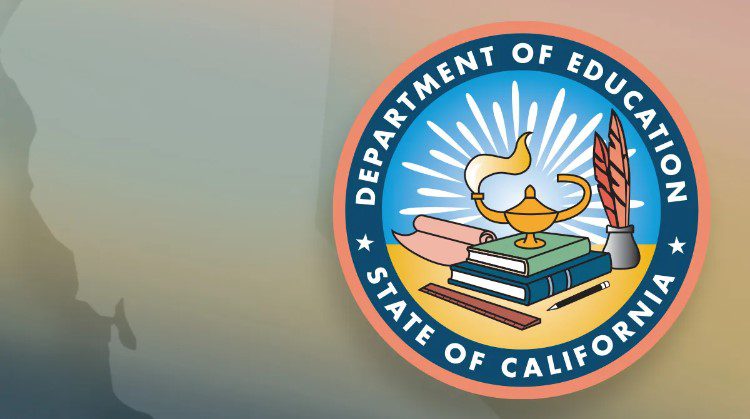State Superintendent of Public Instruction Tony Thurmond announced that he has secured an additional $1.4 million in private funding for teachers in California high schools to help deliver financial literacy courses.
Thurmond was joined in a virtual press conference by Tim Ranzetta, co-founder of California-based nonprofit Next Gen Personal Finance, who is partnering with the state to provide teacher stipends and professional development for financial literacy. This public-private partnership provides $1.4 million in professional development grants to train high school teachers, enabling them to offer personal finance electives at their high schools and a district-matching grant program for personal finance specialists.
Research shows that students who have access to high-quality financial education have better financial outcomes as adults, resulting in less debt, and a higher quality of life. According to a Next Gen report, while 70 percent of high school students nationwide have access to a personal finance elective or a guaranteed course, only 26 percent in California do.
“Providing financial literacy gives students a way of learning in very hands-on and practical ways. Financial literacy is especially critical at a time of rising inflation, where many families are facing tough economic choices. These classes will increase our students’ awareness and allow them to live a life without debt and to make better financial choices,” said Thurmond. “There are academic benefits to our students as well, and these courses can align with our A-G requirements. We know that Californians live with a very high cost of living, there’s a lot of poverty and a lot of challenges, and we believe that these are tools that will help to improve the lives of our young people, maybe even engage them in ways that will make them more excited about what they’re learning in mathematics, science, and other subjects.”
In addition to the Next Gen Personal Finance grant, the 2022-2023 state budget provides a $3.5 billion Arts, Music and Instructional Materials Discretionary Block Grant to county offices of education, school districts, charter schools and the state special schools. These block grant funds will be available to supplement Next Gen Personal Finance’s donation and support schools’ ability to expand financial literacy course offerings. The one-time grant is available for encumbrance through the 2025-2026 fiscal year and is allocated on a per-pupil basis.
“I want to say again how enormously grateful I am and our organization is to Superintendent Thurmond for his vision and leadership in forming this partnership,” said Ranzetta. “We’re extraordinarily proud to be part of a plan to provide our California high school students with the knowledge so they can thrive and flourish in the financial world we inhabit.”
Grant funds will be used to deliver professional development workshops to increase teacher confidence to teach the course. Teachers will receive stipends for their participation. Starting today, the first 1,000 California public high school teachers who complete 20 hours of professional development with Next Gen Personal Finance will earn a $500 stipend. Teachers can sign up for these professional development workshops via the Next Gen Personal Finance Certification Courses, On-Demand, and Virtual PD pages.
Funds will also be used to catalyze access in the five largest public-school districts in the state; Los Angeles, San Diego, Fresno, Long Beach, and San Francisco. Next Gen Personal Finance is offering a matching grant program to help each district hire a personal finance specialist. This specialist will provide curriculum support and professional development to support educators within the district. These districts can receive further details about this grant program by contacting senior project manager Tori Mansfield at tori@ngpf.org.
In addition to the Next Gen Personal Finance curriculum currently being used by more than 4,000 California educators, other high-quality resources are listed on the California Department of Education Grades K–12 Financial Literacy Resources web page.
Like this:
Like Loading...
Related





 Tweet This
Tweet This Facebook
Facebook Digg This
Digg This Bookmark
Bookmark Stumble
Stumble RSS
RSS




























REAL NAMES ONLY: All posters must use their real individual or business name. This applies equally to Twitter account holders who use a nickname.
0 Comments
You can be the first one to leave a comment.